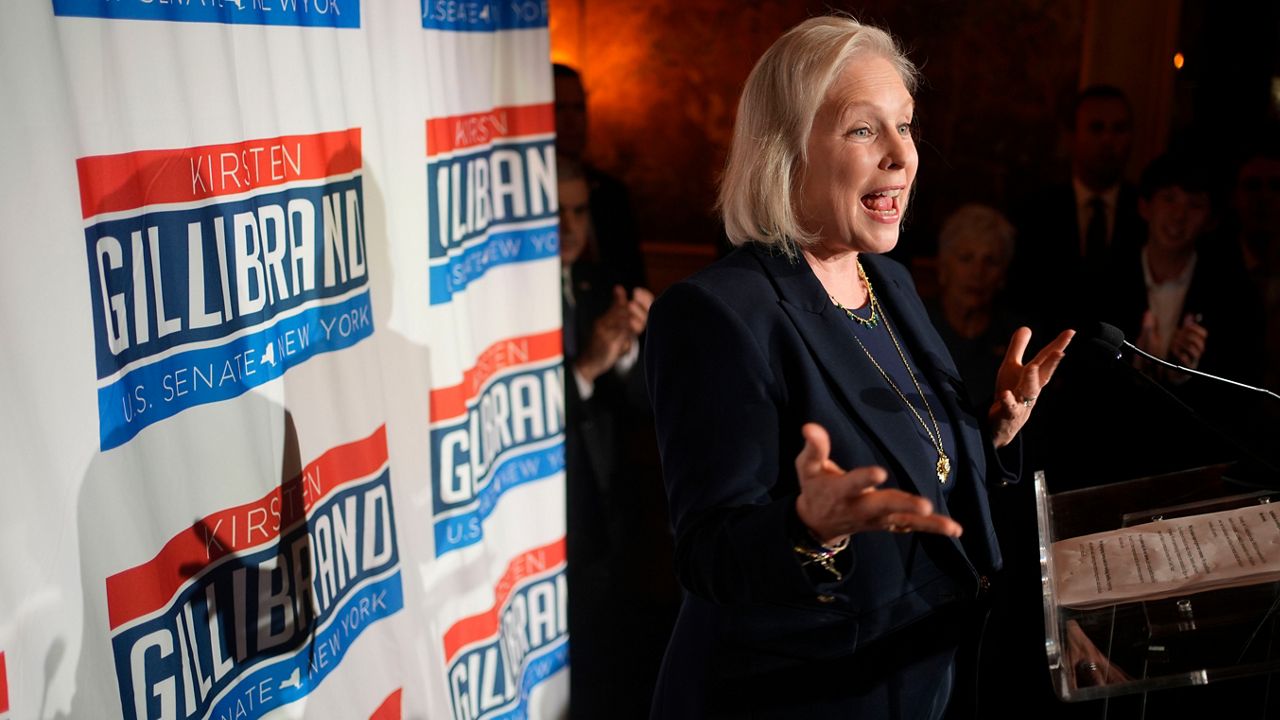The #MeToo movement is on the verge of a big win in Washington.
Senate Majority Leader Charles Schumer said the U.S. Senate will soon vote on legislation aimed at helping victims of sexual assault and harassment get justice.
Congress is taking aim at so-called “forced arbitration” clauses in employment agreements, which mandate that workers settle disputes through the often secretive arbitration process, rather than in court.
“This is about helping workers have a safe place to work,” said Sen. Kirsten Gillibrand, who argues the arbitration process disproportionately benefits employers.
Gillibrand is sponsoring legislation to invalidate forced arbitration clauses in cases of sexual assault and harassment.
“You’re entitled to all these rights and privileges of being able to go to a court of law, being able to be public about what’s happened to you,” the New York Democrat said.
The legislation cleared the House earlier this week with wide bipartisan support, garnering more than 300 votes. Senate approval is expected, too. Gillibrand and Republican Sen. Lindsey Graham first introduced the bill in 2017.
The effort was spurred in part by Gretchen Carlson, who accused Fox News chief Roger Ailes of sexual harassment while she was an anchor at the cable channel.
“It was a dark day when my lawyers told me you have no case because you have an arbitration clause. And you're going to go over here to the secret chamber, and nobody's ever going to hear from you ever again,” Carlson said in an interview with Spectrum News NY1.
Carlson said seeing the bill pass Congress will be her “greatest life achievement.”
“Hopefully, this will serve as a deterrent for bad behavior,” she said. “Now that perpetrators or harassers know that people have a voice inside the workplace, they just might not do the behavior.”
Gillibrand said the fight will not be over once the president signs her legislation into law. She wants to take aim at arbitration requirements for other forms of harassment, too, such as race and age.
“It’s essential that we protect all workers from all discrimination and all harassment,” she said.










